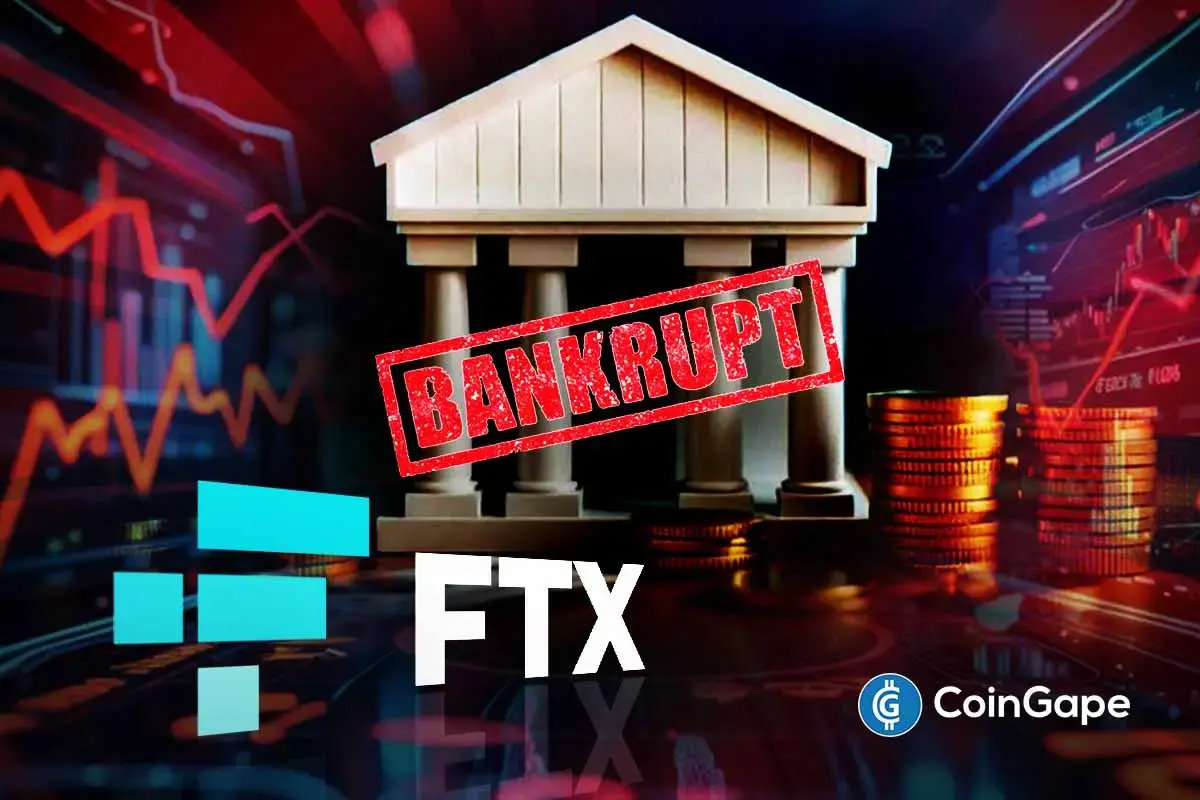Breaking: FTX Victims At Risk Of Losing Claims In China and Other Restricted Jurisdictions

Highlights
- FTX has asked the U.S. bankruptcy court to approve a new claims process for users in 49 restricted jurisdictions.
- Claims will only be honored if legal counsel confirms that payouts comply with local laws.
- If legal clarity is not achieved, these claims may be disputed or denied entirely.
- Chinese users are exploring legal options while challenging FTX's stance on wire transfer restrictions.
Chinese FTX users, who represent a staggering 82% claims from the bankrupt crypto exchange, are at the risk of losing funds, due to the crypto ban in China. In order to settle this issue, the crypto exchange has requested the U.S. bankruptcy court to approve a new claims process for users from 49 “restricted jurisdictions.” According to the proposal, FTX would only honor claims from these regions if legal counsel confirms payouts are permissible under local law. If not, those claims may be disputed or outright denied.
FTX Seeks Court Approval for Claims in Restricted Regions
Bankrupt crypto exchange faces a major challenge ahead of handling users’ claims from 49 restricted jurisdictions, where there are strict crypto regulations or a crypto ban. While only 5% of total allowed claims come from these regions, a staggering 82% of these come only from the Chinese users. Since China banned crypto trading in 2021, the existing legal restrictions on cross-border payouts could leave Chinese claimants with nothing. In May, FTX kickstarted the second phase of creditor repayment, while distributing a total of $5 billion to users.
The exchange stated that it will seek legal opinions to determine whether distributions can be made to users in these jurisdictions. If legally permissible, FTX intends to proceed with payouts. However, if the claimant determines to stay within the restricted jurisdiction, there’s no legal pathway into this, and the claim can be formally disputed.
FTX will then file an objection in court, and unless the issue is resolved, those users risk forfeiting their right to receive any distribution, as reported by creditor Sunil, citing legal court documents.
Chinese Users Seek Legal Action
Chinese users have come forward to resolve this issue, stating that they would be seeking legal action on this matter. X platform user Will, who seems to be a creditor himself, wrote:
“I’ve already contacted my lawyer in New York and am waiting for her response. I will definitely take action and will raise objections at every stage. While mainland China does not support cryptocurrency trading, residents of mainland China are allowed to hold cryptocurrencies. The law recognizes the commodity attributes of virtual currencies”.
The user further questioned that while claims are being settled in U.S. dollars, why international wire transfers are not supported for mainland Chinese residents, despite the fact that they are legally permitted to hold USD overseas.
One user also inquired about the way out of this. Responding to this, FTX creditor Sunil wrote: “Unfortunately from the filing seems like they decide. Worse case can sell or transfer the claim as they collect in an allowed jurisdiction”.
Play 10,000+ Casino Games at BC Game with Ease
- Instant Deposits And Withdrawals
- Crypto Casino And Sports Betting
- Exclusive Bonuses And Rewards

- Peter Brandt Flips Bullish, Predicts Bitcoin Rally As Price Holds Above $70k
- XRP News: Institutional Use Case Expands as Doppler Finance Integrates WXRP for Multi-Chain Access
- Trump Tariffs: Bitcoin Faces Fresh Headwinds as 15% Global Tariffs Begin This Week Amid Iran War
- Bitget Unveils ‘Crypto Anti-Bias Pledge’ To Support Women’s Inclusion In Crypto
- U.S.-Iran War: Crypto Market Rebounds as Iran Reportedly Reaches Out To U.S. To End Conflict
- XRP Price Prediction as Iran-U.S. Peace Talks Trigger a Crypto Rally
- COIN Stock Analysis as Bitcoin Retests $72k Ahead of February NFP Data
- Robinhood Stock Price Prediction As Cathie Wood Buys $12M Dip in Bold ARK Move
- Bitcoin Price At Risk? Professor Who Predicted US-Iran War Says America Could Lose
- Gold Price Prediction March 2026: Rally, Crash, or Record Highs?
- RIOT Stock Prediction as Needham, Piper Sandler Slash Target After Earnings

 Buy $GGs
Buy $GGs
















